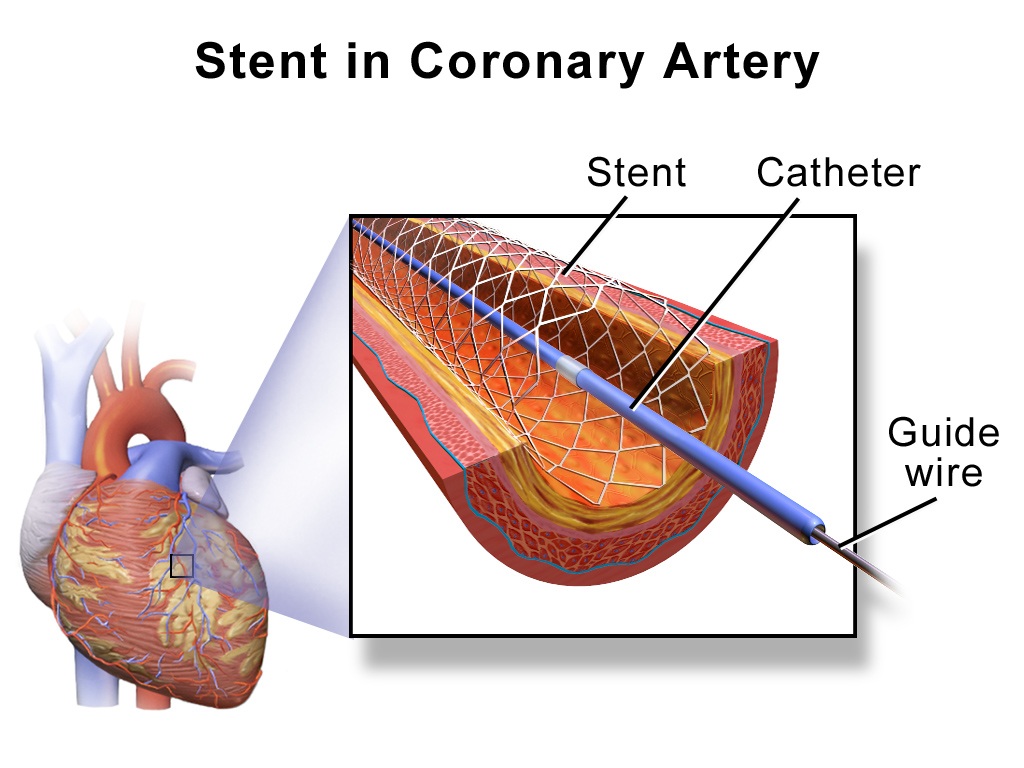
This World Sleep Day, make it your resolution to never miss a good night’s sleep. Here are some useful hacks to help you do so
While World Sleep Day is observed across the world on 15 March, billions, including me, pray for a good night’s sleep everyday. Estimates suggest as much as 45% of the world’s population suffers from sleep problems that threaten both health and quality of life. A Fitbit survey from 2019 found that India ranks as the second-most sleep-deprived country globally, with an average nightly sleep duration of only seven hours and one minute.
Lack of sleep as well as poor sleep can have a serious impact on our mental and physical health and wellbeing, including causing weight problems. “Chronic sleep deprivation has a significant impact on weight. It can result in weight gain and make it difficult to lose weight,” says Dr. Aparna Ramakrishnan, consultant for psychiatry at the Kokilaben Dhirubhai Ambani Hospital in Mumbai.
Doctors and health and wellness experts maintain there are several hacks and proven methods that one can utilize to try and improve sleep quality and duration. Here are some tried and tested ones that I hope will benefit you.
Melatonin: I have always been reluctant about pills, but melatonin works. Melatonin supplements are generally speaking a safer bet than the sleeping pills that people with chronic sleep disorders are prescribed. Several doctors and sleep specialists suggest melatonin to people who have trouble sleeping as it is the hormone in our body that regulates sleep.
When I was first prescribed it earlier this year, to deal with a severe and extended jet lag, it worked like a dream. The first time I consumed a small dosage of 3mg, I slept for nine hours straight. Melatonin is available in multiple forms in India: Wellbeing Nutrition sells melatonin strips, while brands like GNC Fitness have pills; Fast&Up sells effervescent melatonin tablets that you drop in a glass of water and simply drink.
Focus on your breath: A great hack is to focus on your breath, especially if you are having trouble falling asleep. A 2019 study published in the journal Frontiers In Psychiatry, called Self-Regulation Of Breathing As An Adjunctive Treatment Of Insomnia, found that slow, deep breathing, alongside sleep hygiene and relaxation therapies, may be highly effective in initiating sleep.
Set a sleep alarm: Modern life brought with it gadgets, and gadgets, no matter how helpful, tend to upset our circadian rhythm. So Gagan Arora, a Delhi-based coach and founder of Kosmic Fitness, suggests setting yourself a sleep alarm instead of a wake-up alarm and adhering to it. “The human body is designed to be in sync with the circadian rhythm and it works optimally if we abide by the rules of nature. So, set a sleep alarm and go to bed every night at the same hour, including weekends, till your body gets used to the new schedule,” says Arora.
Exercise: Exercise and sleep have a mutually beneficial relationship. If you don’t sleep well, exercise could very well have a negative impact, while proper sleep improves the benefits you reap from sweating it out. On the other hand, exercise helps you not only sleep but also sleep better.
“Exercise tires the body and that helps you doze off faster. He also suggests sticking to a sleep structure, limiting daytime naps and paying attention to what you drink and eat just before hitting the bed,” says Dr. Ashish Kumar Prakash, a respiratory and sleep medicine consultant at Medanta Hospital in Gurugram. Relaxing stretches or breathing exercises for a few minutes before going to bed also helps, says Dr. Trideep Kumar Choudhury, consultant psychiatrist at Fortis Healthcare, Delhi.
Use the bed for just for sleep: A bed should be used just for sleeping, says Dr. Choudhury. “Don’t use the bed for watching TV, eating, reading or working. Use it only for sleeping. Also, there should be no cellphones or tablets in bed. Avoid using smartphones or watching TV just before bedtime. The bright light of the screens prevents the secretion of melatonin which is necessary to fall asleep,” he adds.
Caffeine, alcohol, nicotine and food: Many people already have strict rules about not drinking coffee after a certain time of the day. They need similar rules for alcohol and food too. Choudhury suggests avoiding caffeine and nicotine at least 4 hours before going to bed. “Do not drink alcohol for at least 4 hours before going to bed. Many believe it is relaxing but it impacts the quality of sleep. Also, eating right is important. Feeling hungry can keep you from sleeping. Similarly, a heavy meal before bedtime is detrimental to sleep.
Shrenik Avlani is a writer and editor and the co-author of The Shivfit Way, a book on functional fitness.
Powered by Yes Mom Hosting






